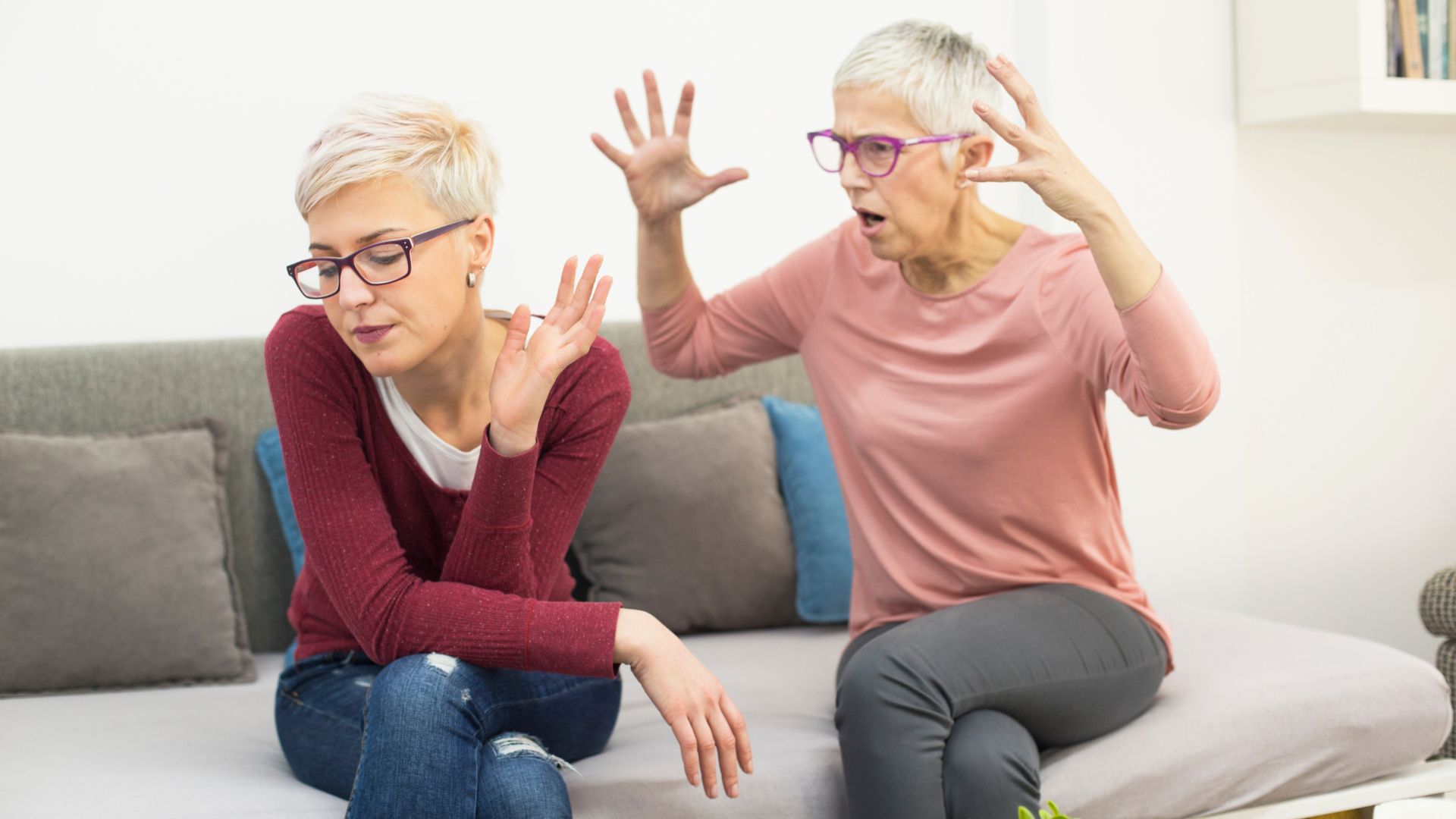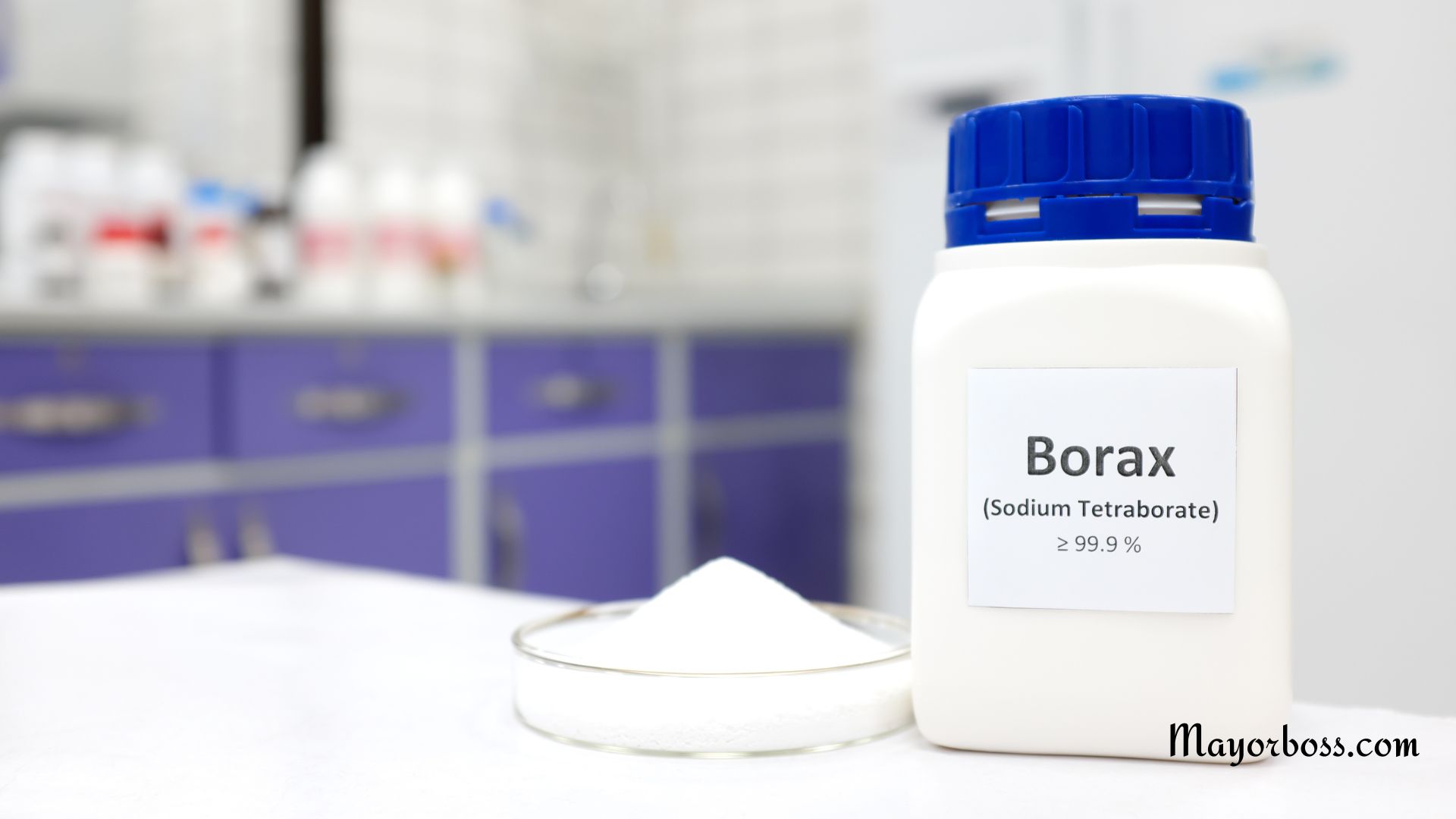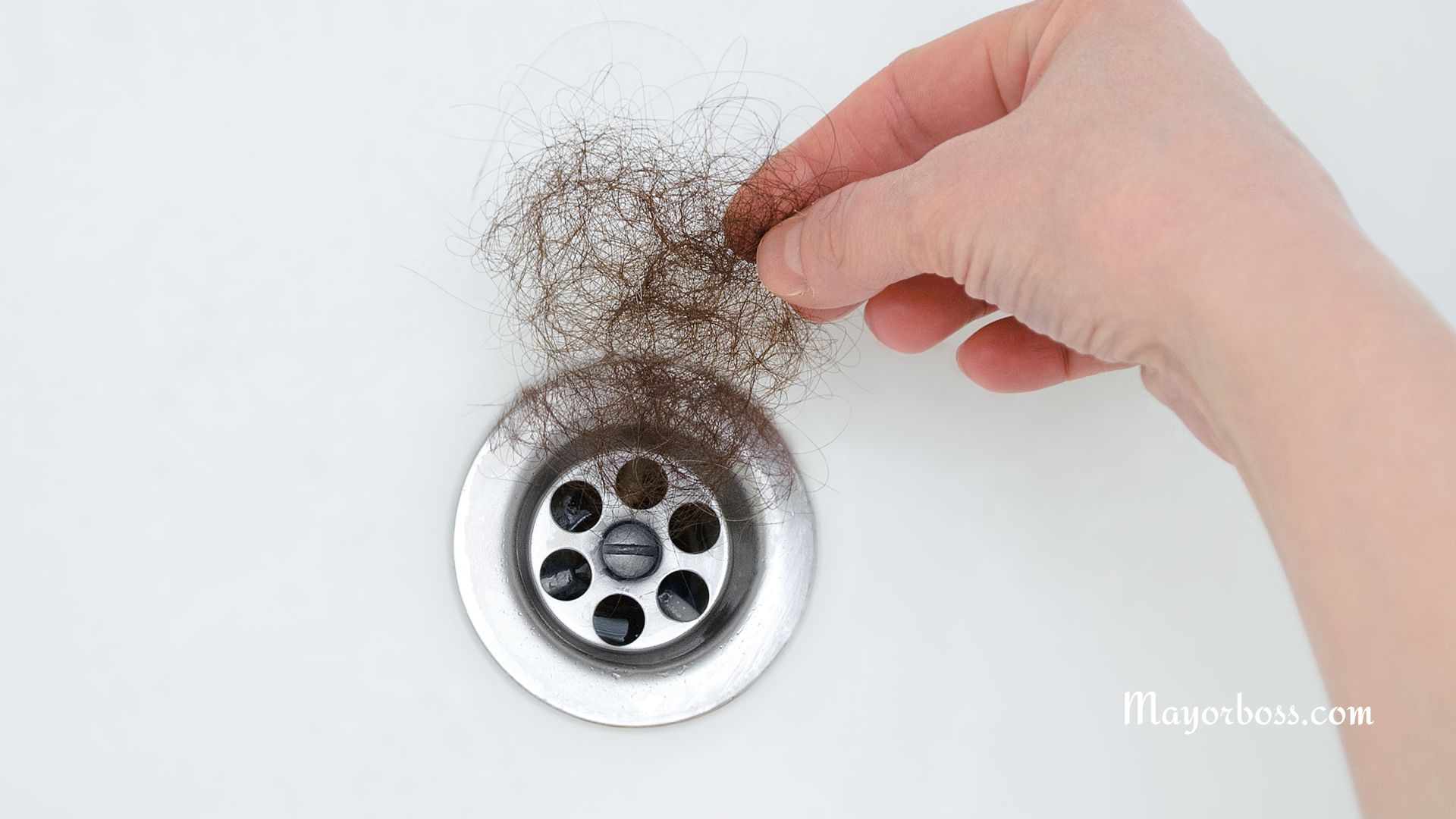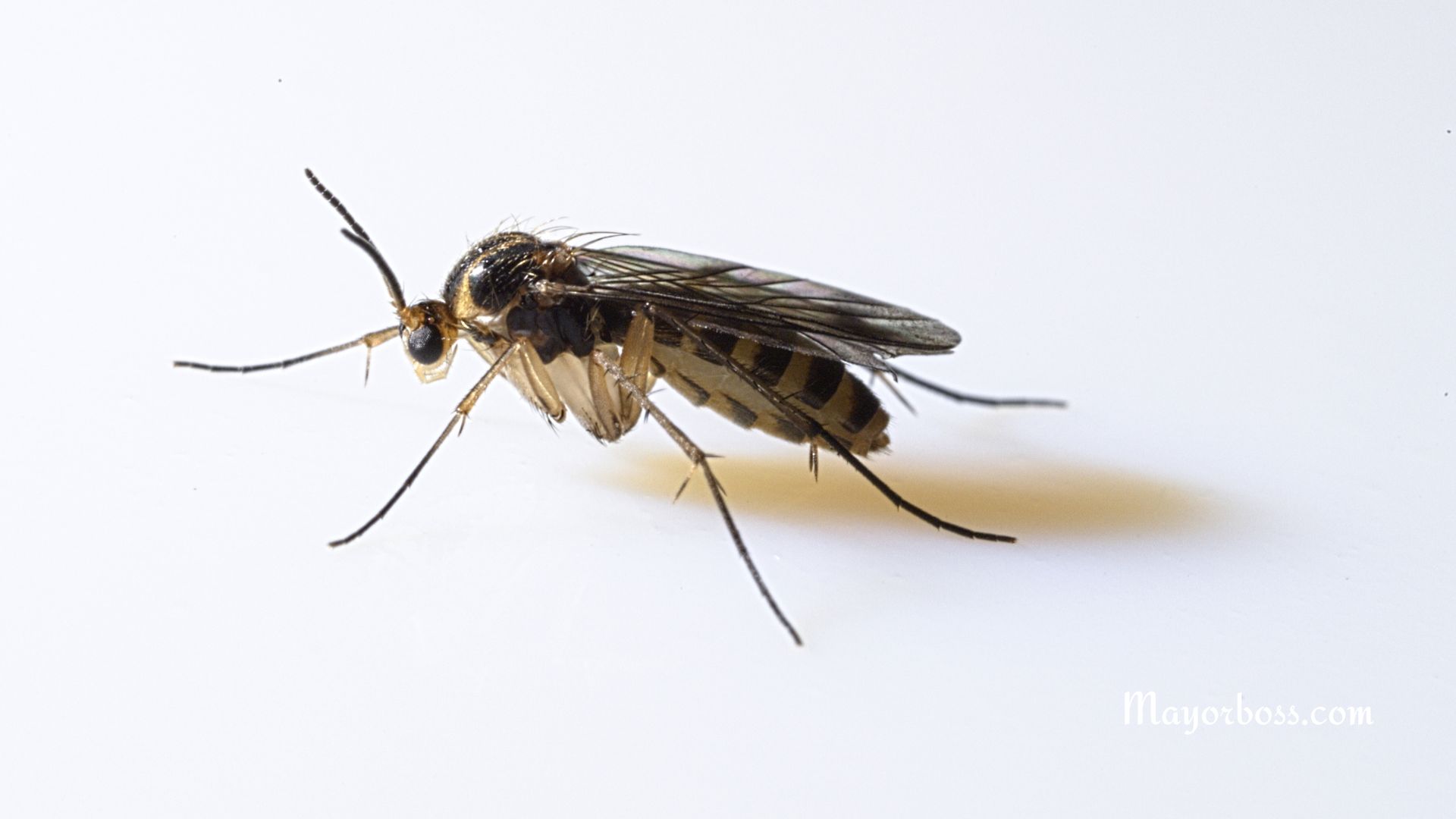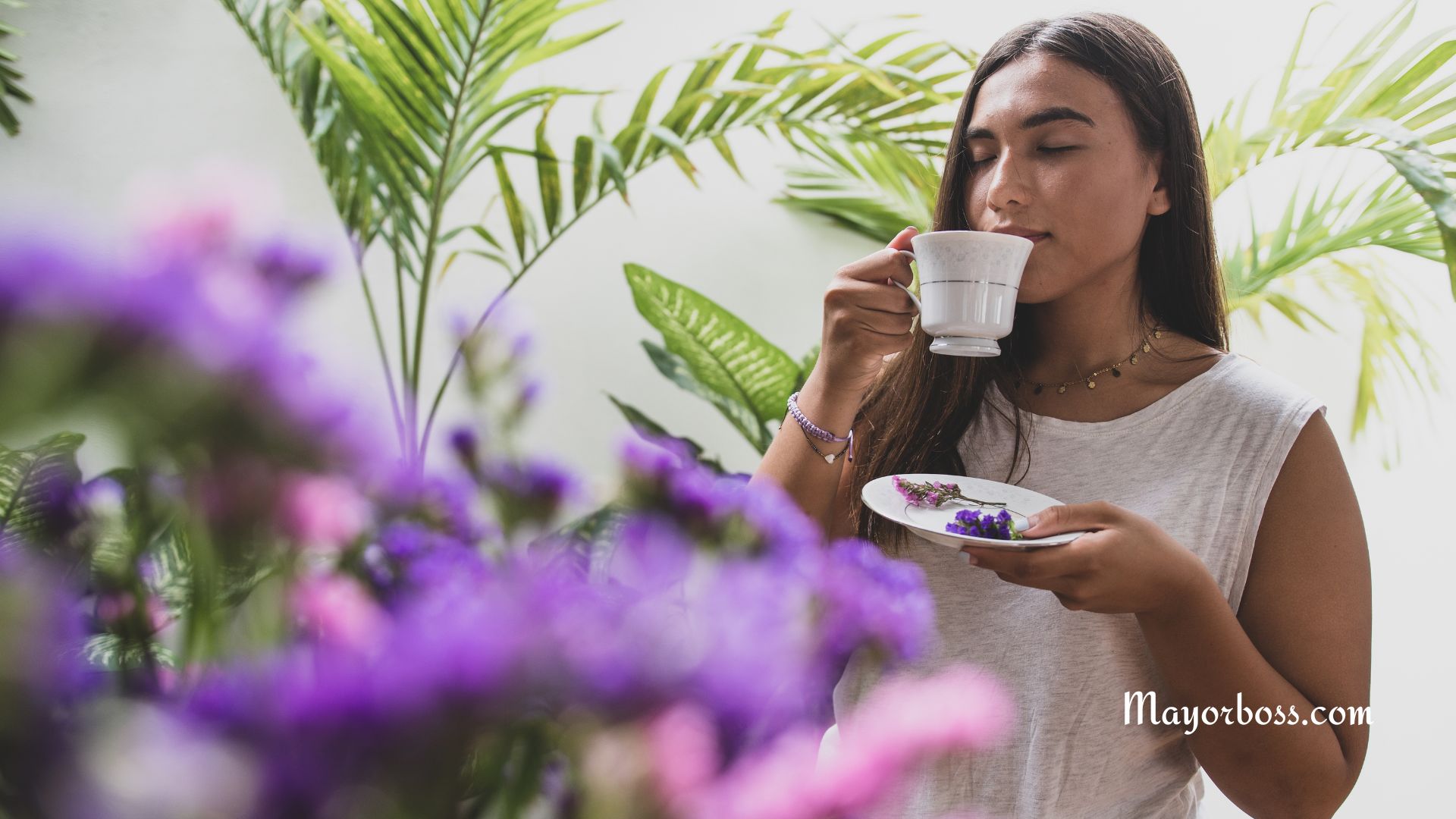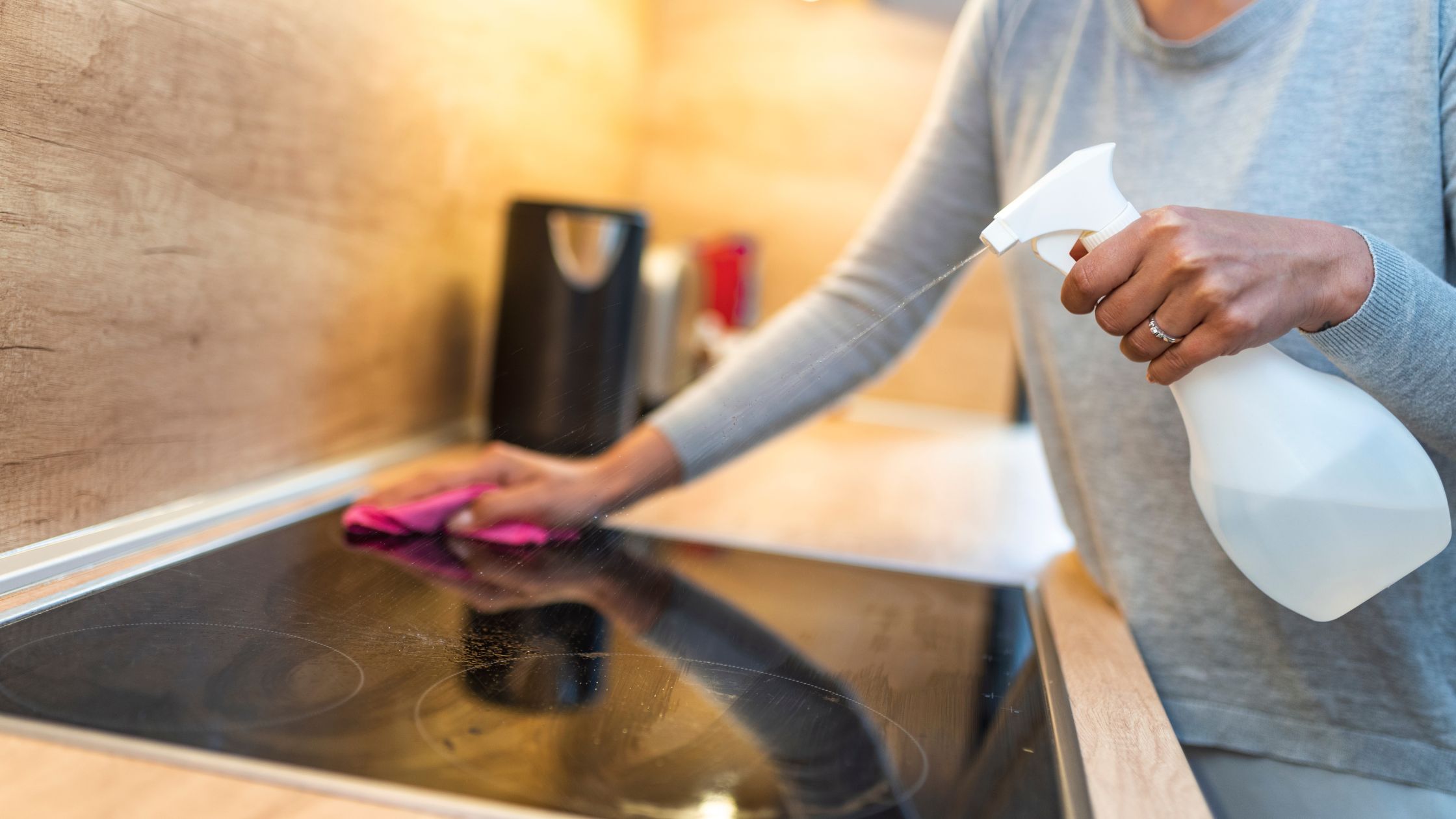Why Mosquitoes Bite Some People More Than Others
Have you ever felt like mosquitoes always seem to find you, no matter where you go? You’re not imagining things. Some people truly are more attractive to mosquitoes than others. This isn’t about luck. Science shows there are specific reasons why mosquitoes target certain individuals more often.
Let’s take a closer look at what draws mosquitoes in and why they may keep choosing you over someone else.
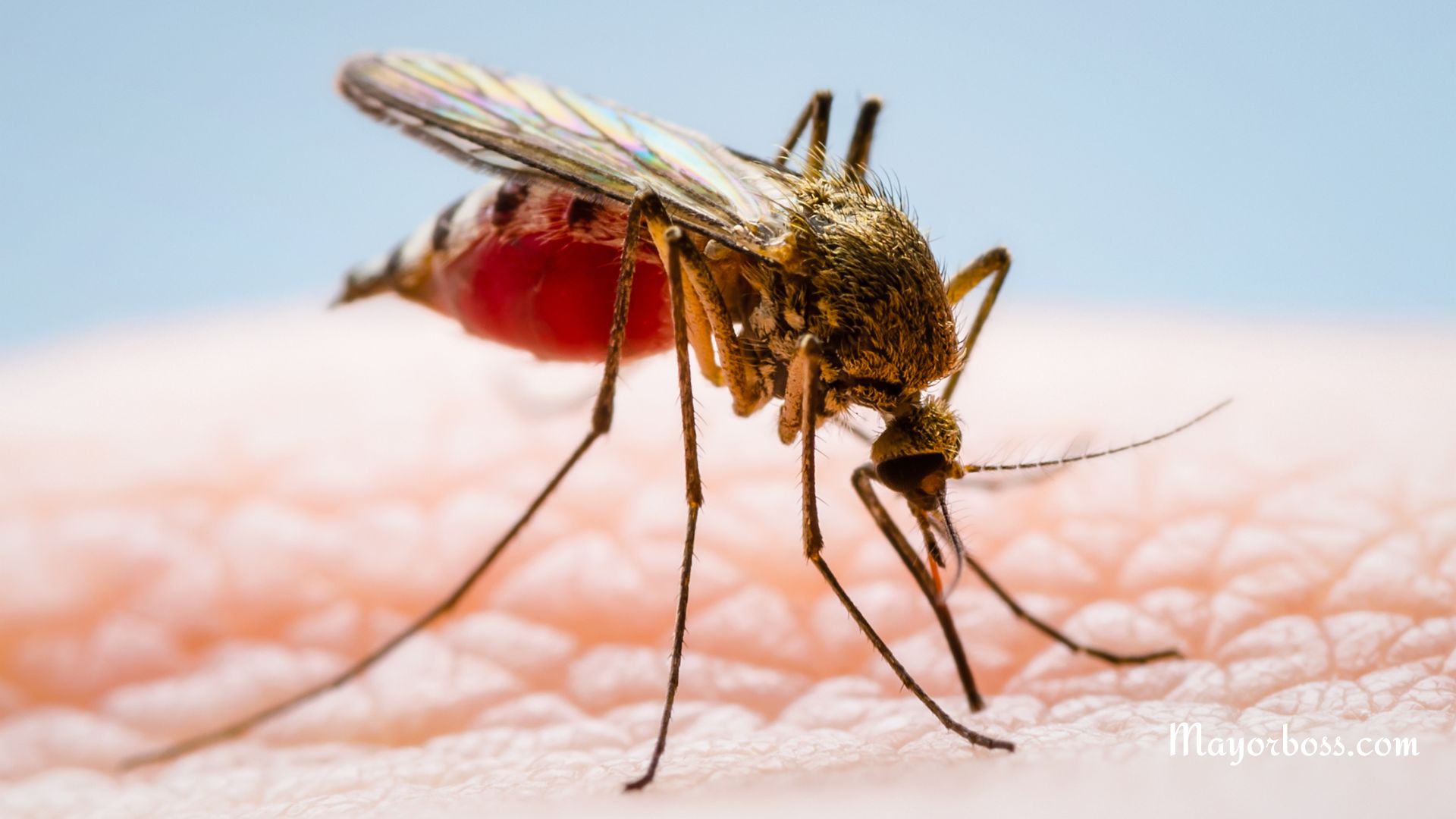
1. Your Body Odor
Mosquitoes are guided by scent. They use their sense of smell to find humans, according to Boston University’s assistant professor of biology. When your body releases certain chemicals through your sweat, it can act like a magnet.
Substances like lactic acid, ammonia, and uric acid are found in sweat. People who produce more of these naturally are more likely to be bitten. Some types of bacteria on your skin also influence your natural scent. The more of certain skin bacteria you have, the more appealing you may be.
2. Your Breath
Mosquitoes are drawn to carbon dioxide (CO₂)—the gas you exhale. When you breathe out, especially after physical activity, you release more CO₂. That helps mosquitoes zero in on your location.
People who exhale more CO₂—such as adults compared to children, or pregnant women—often get bitten more. Mosquitoes can detect this gas from over 100 feet away.
3. Body Heat and Sweat
Mosquitoes are sensitive to body temperature. After they detect your breath, they follow your body heat to land on your skin.
If you’ve been exercising or you’re simply warmer than someone nearby, you’re more likely to attract them. Sweating also adds moisture to your skin, and mosquitoes love damp surfaces.
4. Blood Type
Your blood type may also play a role. Research suggests mosquitoes prefer Type O blood over other types. People with Type O blood get bitten nearly twice as often as those with Type A.
Even if they don’t taste your blood until after they bite, some people release markers through their skin that signal their blood type. This helps mosquitoes make their pick before landing.
5. Skin Products and Fragrances
Lotions, perfumes, and scented body sprays can either attract or repel mosquitoes. Floral and fruity scents, in particular, tend to draw them in.
On the other hand, repellents containing DEET, picaridin, or oil of lemon eucalyptus are proven to keep mosquitoes away. It’s wise to avoid scented products if you’re heading outdoors in mosquito-heavy areas.
6. Clothing Color
Believe it or not, mosquitoes use vision to help locate targets. Dark colors—like black, navy, and red—stand out more against the background, making you easier to find.
Wearing light-colored clothing can help reduce the chances of being noticed, especially during daylight hours when some mosquito species are most active.
7. Pregnancy
Pregnant women tend to attract more mosquitoes. That’s partly because they exhale more carbon dioxide and have slightly higher body temperatures. Their skin also tends to be more moist due to hormonal changes.
This combination makes them especially appealing to mosquitoes that carry diseases, like Aedes aegypti, which spreads Zika virus and dengue.
8. Alcohol Consumption
Drinking alcohol may make you more attractive to mosquitoes. One study found that people who drank beer were bitten more often than those who didn’t. It’s not entirely clear why, but alcohol may affect body temperature, skin chemicals, or the way you smell.
9. Genetics
Some people are genetically predisposed to attract mosquitoes. Your genes influence your body odor, sweat composition, and even how your immune system responds to bites. These factors are hard to control but explain why mosquitoes seem to favor certain individuals, even in a crowd.
10. Movement
Mosquitoes are also drawn to movement. If you’re walking around, exercising, or waving your arms, you’re more likely to catch their attention. Stillness is less noticeable to them, though it’s not a guarantee of being left alone.
How Can You Protect Yourself?
While you can’t change your blood type or genetics, you can take steps to lower your appeal to mosquitoes:
- Use insect repellent with DEET, picaridin, or natural alternatives like lemon eucalyptus oil.
- Wear long sleeves and pants when outdoors, especially in the evening.
- Choose light-colored clothing to reduce visual attraction.
- Avoid scented skin products, especially floral or fruity perfumes.
- Eliminate standing water near your home, since it’s where mosquitoes lay eggs.
- Stay indoors during peak hours (dawn and dusk) when mosquitoes are most active.
Final Thoughts
Getting bitten more often than others is frustrating, but it’s not all in your head. Mosquitoes are picky, and science shows they’re choosing based on real traits: your scent, breath, body temperature, and even the color of your clothes.
Frequently Asked Questions
Why do mosquito bites itch?
When a mosquito bites you, it injects saliva into your skin. This saliva triggers an immune response from your body, causing the area to itch as part of the inflammatory process.
Can eating certain foods make me less attractive to mosquitoes?
While some believe that consuming garlic or vitamin B1 can repel mosquitoes, there is limited scientific evidence to support these claims. The most effective way to avoid bites is to use proven repellents and protective clothing.
Are some people immune to mosquito bites?
No one is immune to mosquito bites. However, some people might not react to mosquito bites as severely as others. If you don’t notice bites, it doesn’t mean you’re not being bitten; it may simply mean your body doesn’t react strongly to mosquito saliva.

